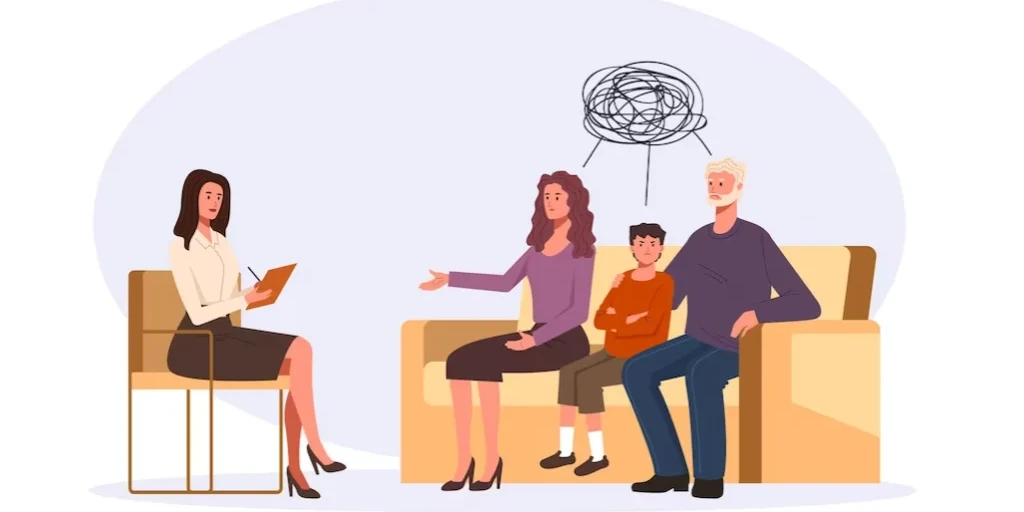24/7 Helpline:
(866) 899-111424/7 Helpline:
(866) 899-1114
Other Insurance Options

CareSource

WellPoint

Optima

Choice Care Network

Health Partners

Access to Recovery (ATR) Voucher

Coventry Health Care

Regence

Horizon Healthcare Service

Molina Healthcare

MVP Healthcare

Sutter

Excellus

Multiplan

Cigna

Ceridian

Meritain

Oxford

Medical Mutual of Ohio

AllWell













